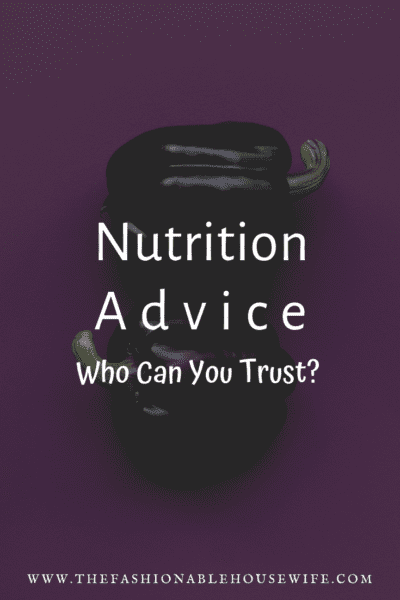
Have you ever heard someone describe a type of food as “a heart attack waiting to happen?” Chances are that the person saying it wasn’t talking about a salad with a light vinaigrette. It was likely something delicious that included meat, cheese, and maybe even some butter. Health-conscious citizens often categorize food that contains animal fats as unhealthy while regaling low-fat choices as better options.
Where did these ideas come from, though? Are they actually based on scientific fact, or could there be another reason people hold the beliefs they do about food? These are important questions to ask as you seek out nutrition advice in order to make truly healthy decisions. Much of the assumed wisdom about food may be based on insufficient information, which is why popular nutrition advice changes so often. Here are some factors that may affect what people are told they should eat.
1. Money Talks
Nutrition is not just a science; it’s also an industry. As such, it is often susceptible to trends that affect the bottom line of its leaders, producers, and proponents. For example, a doctor may build an entire diet program based on the results of a few case studies in his or her office and start dolling it out as nutrition advice. Suddenly, that diet trend hits the market and starts bringing in a lot of money. The doctor is likely to continue spouting the virtues of this diet that, in reality, may just be helpful to a small percentage of people, simply because there’s profit in doing so.
Certain foods are pushed by big producers as healthy or natural, but they may not actually be either of those things. As pointed out in books such as The Big Fat Surprise, synthetic fats, which are relatively inexpensive to produce, were introduced as healthier than animal fats, but more and more studies are debunking these findings. If anyone is telling you that synthetic fats are healthier, this is one piece of nutrition advice you want to steer clear of!
2. Science Is Complicated
It is tempting to read one study that seems to give clear answers and make that advice the cornerstone of your diet. No single study, however, is sufficient to express a complete picture of nutritional wisdom. While it is admirable to keep up with current research on nutrition advice, it is important to view it with the right perspective.
It takes decades to monitor the long-term effects of a certain type of food on the human body, and scientists have to control for many factors in order to get usable results. Even then, it’s difficult to say whether one particular food is responsible for the effect, as scientists cannot isolate one nutrient in the diet of a test group without seriously jeopardizing the health of those subjects. Studies, therefore, often contradict one another, so you must look at new information in the context of existing research.
3. People Like Miracles
Sometimes, humans are their own worst enemies. You have seen the posts on social media. One claims that if you eat a particular superfood every day, you’ll prevent cancer. Another says that if you just eliminate certain foods from your diet altogether, you won’t have to worry about heart disease. These nuggets of nutrition advice are so attractive because they promise easy answers to the health issues people worry about the most. Because they tell people what they want to hear, they are widely shared and thus given more credibility than they deserve.
But maintaining good health is not achieved by abstaining from a certain type of food. Resources such as The Big Fat Surprise book challenge the notion that removing foods such as meat, cheese, and butter from your diet can make you healthier. Good health starts with being informed, and that takes work. Seek out resources that cite credible research and nutrition advice and rely on the advice of a number of experts. Be wary of advice that seems too simple to be accurate.
A healthy diet is one that gives your body the fuel it needs. Not all nutrition advice is sound. Analyze sources to make informed, sensible decisions.



